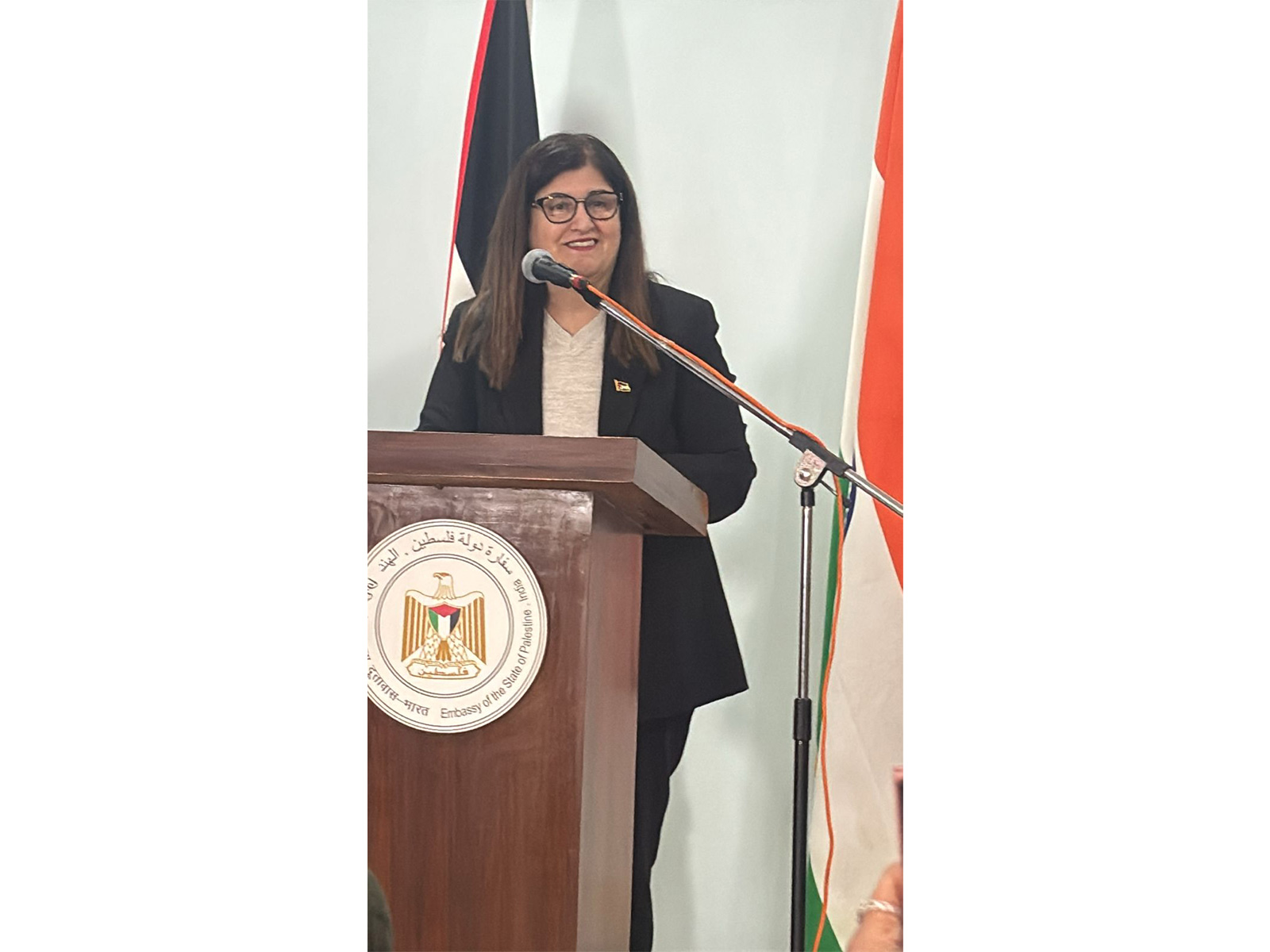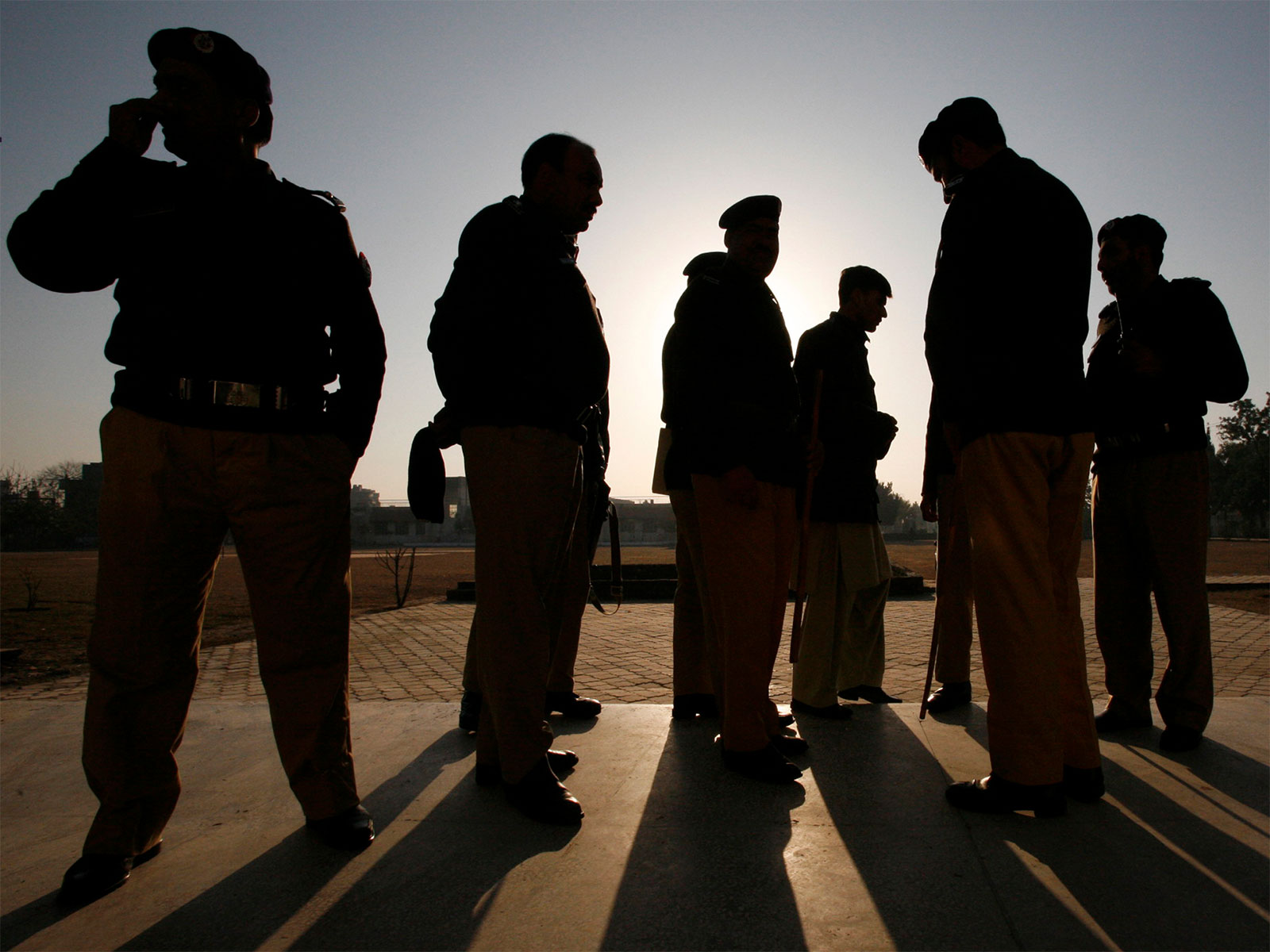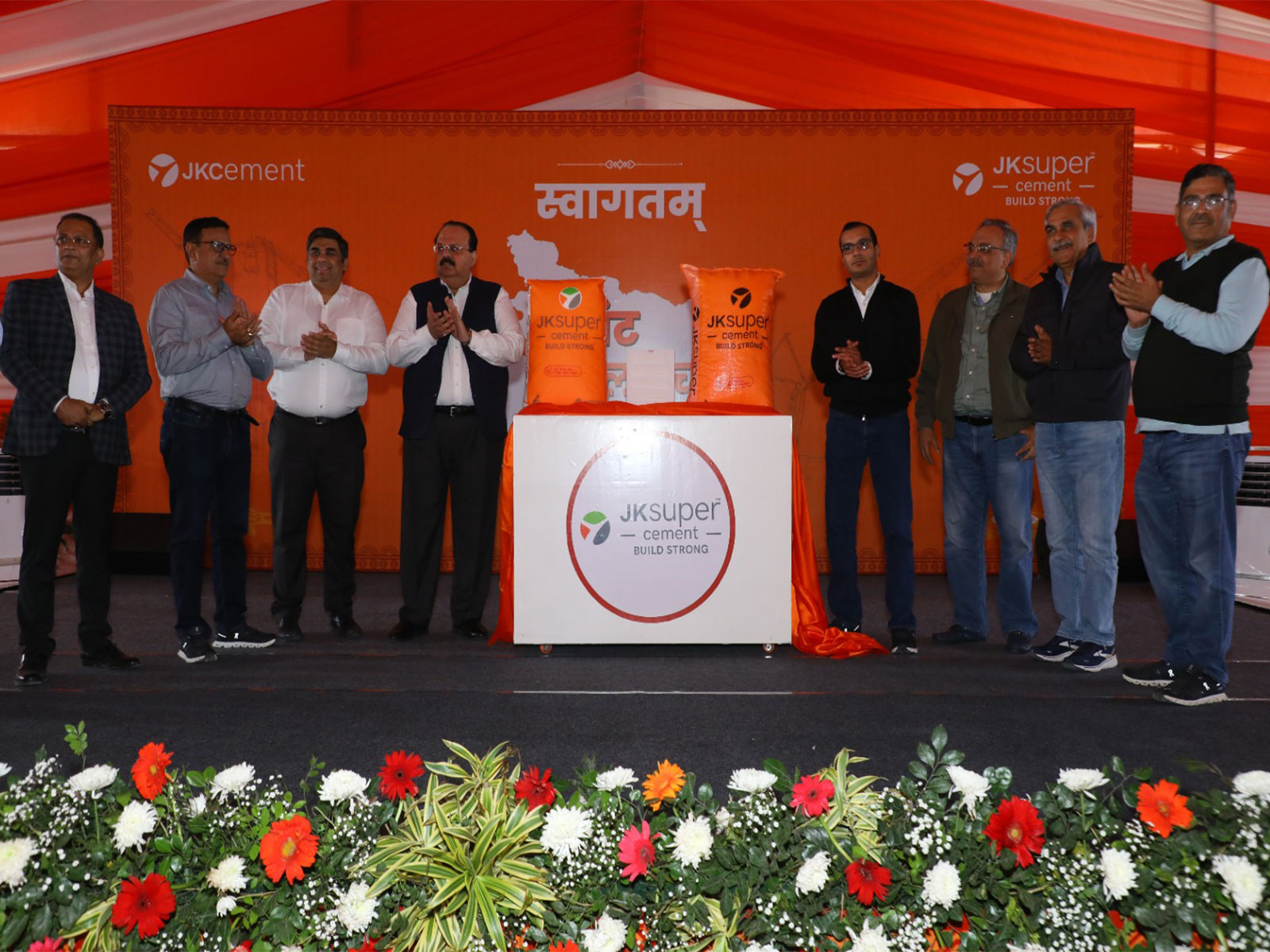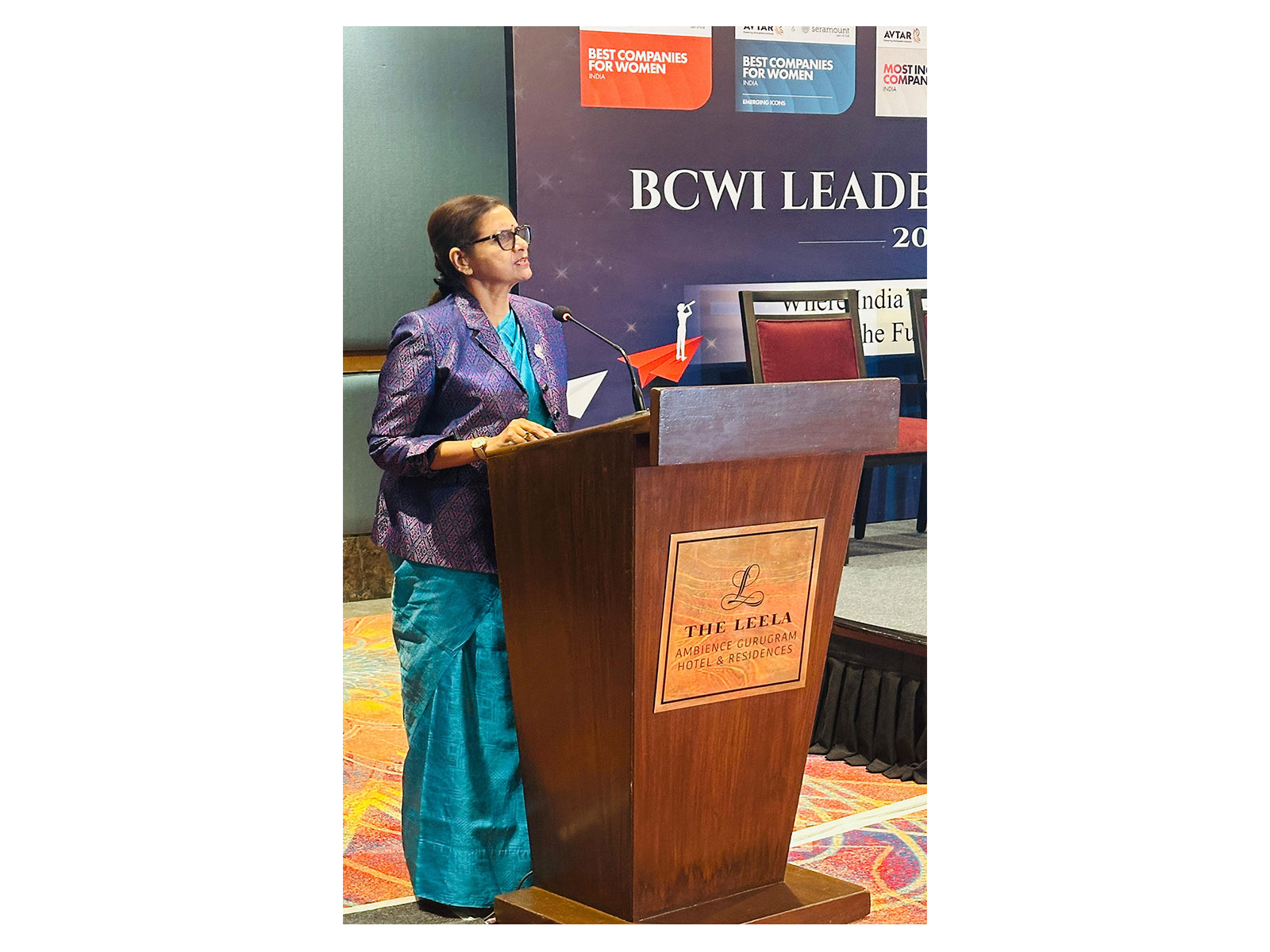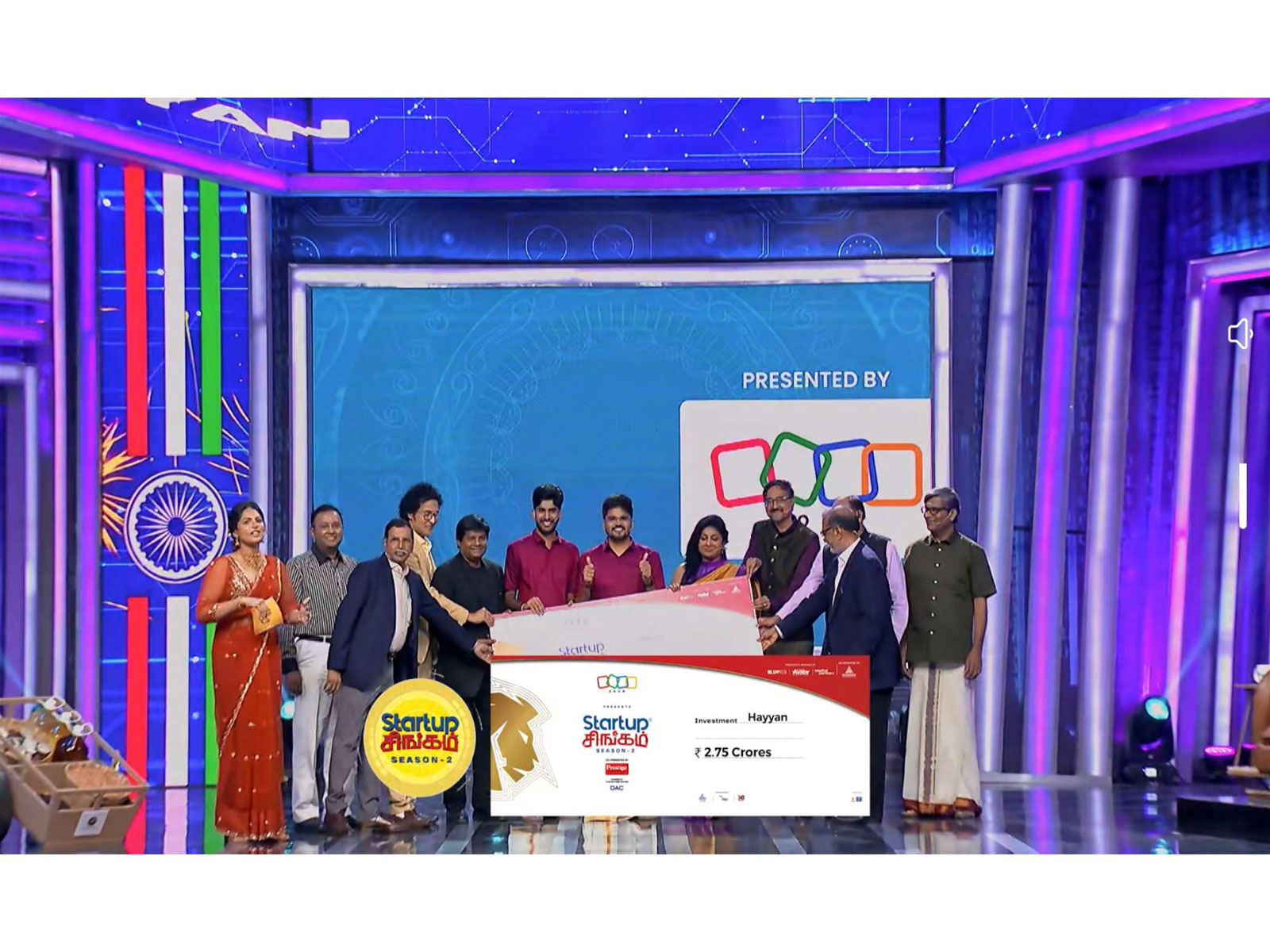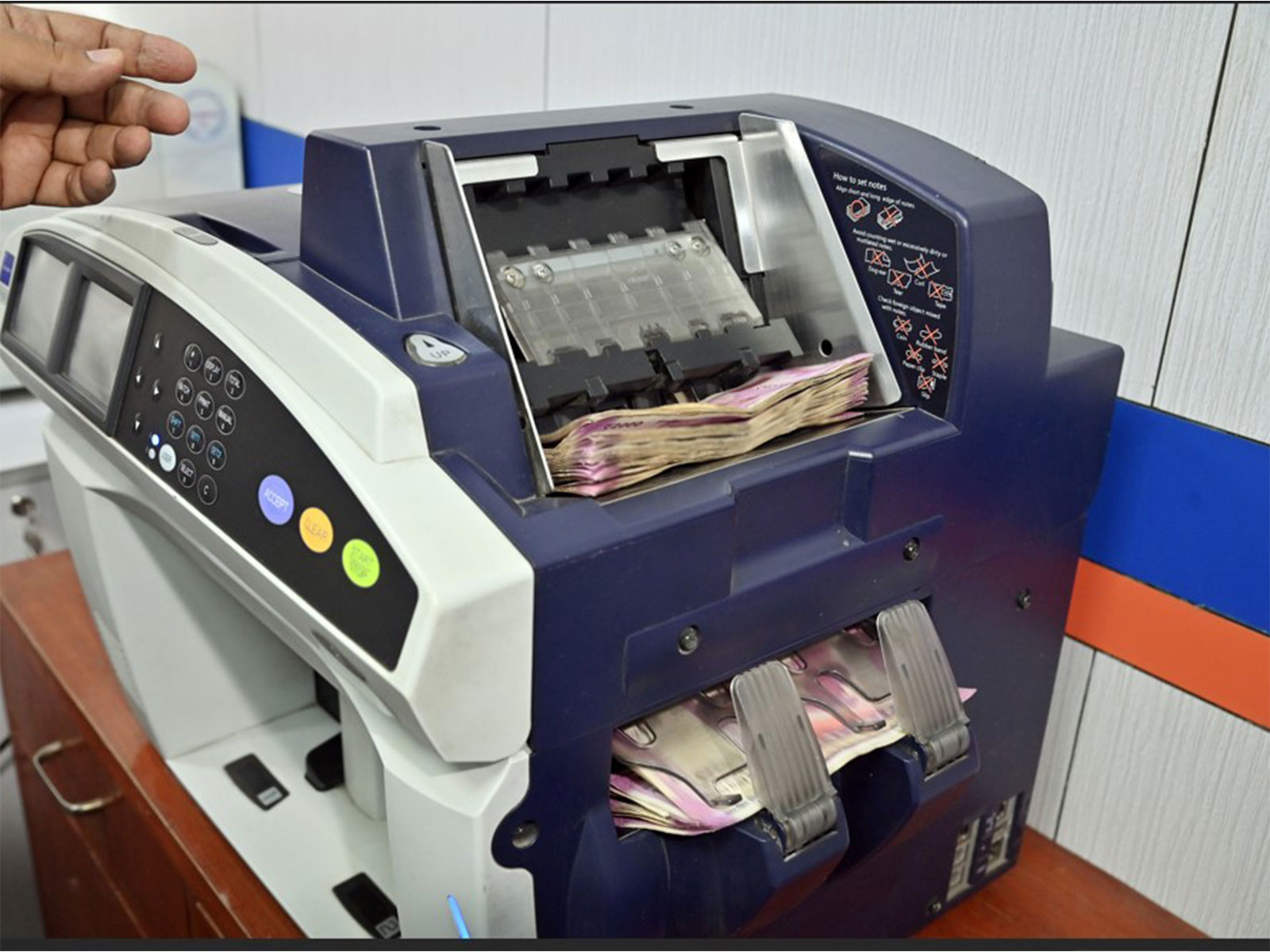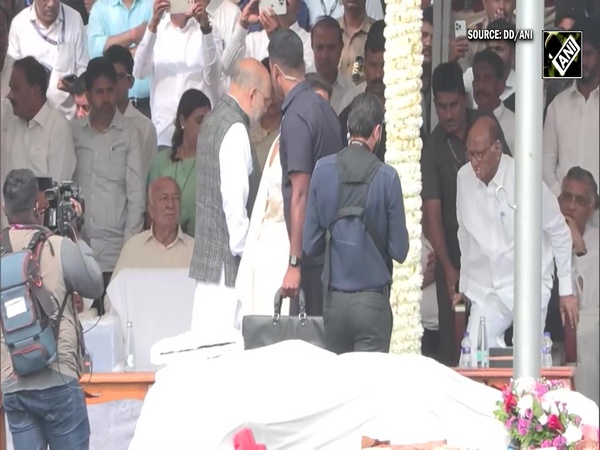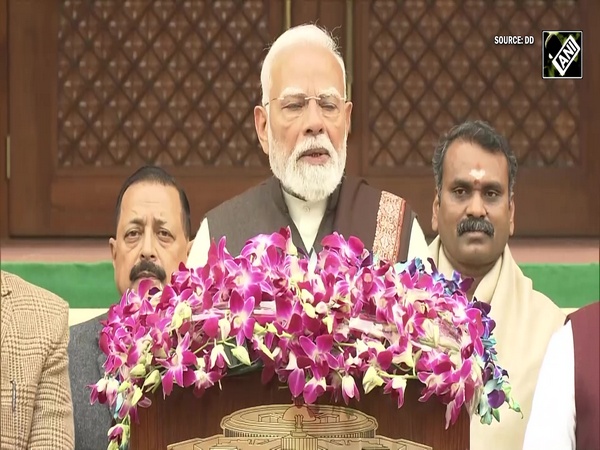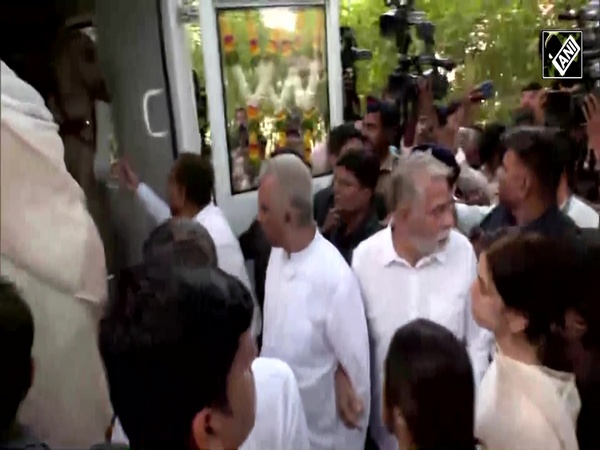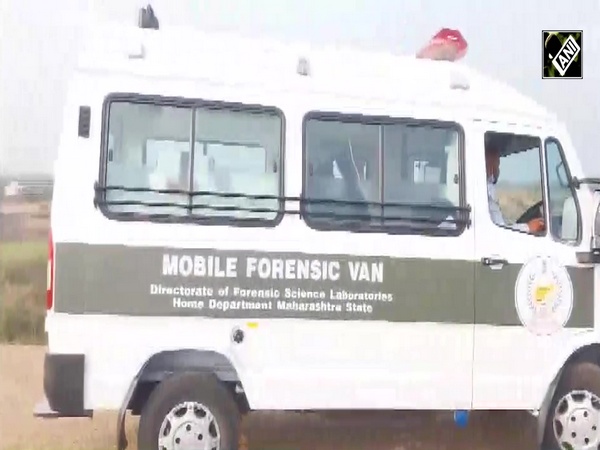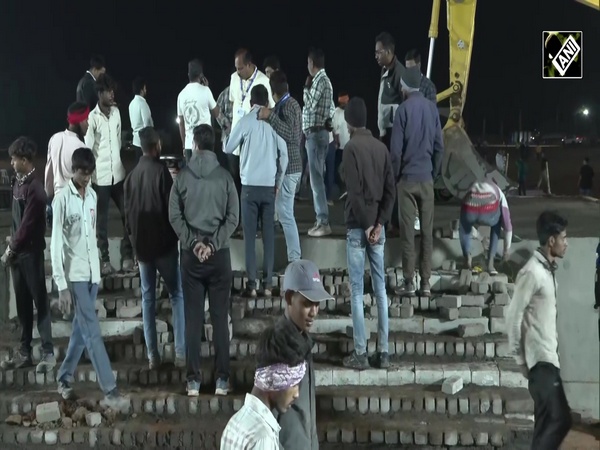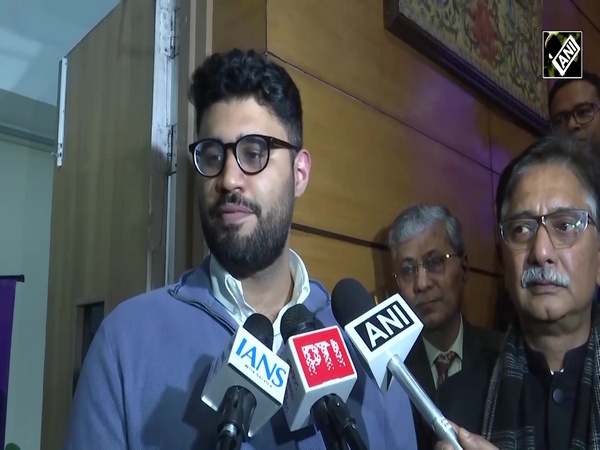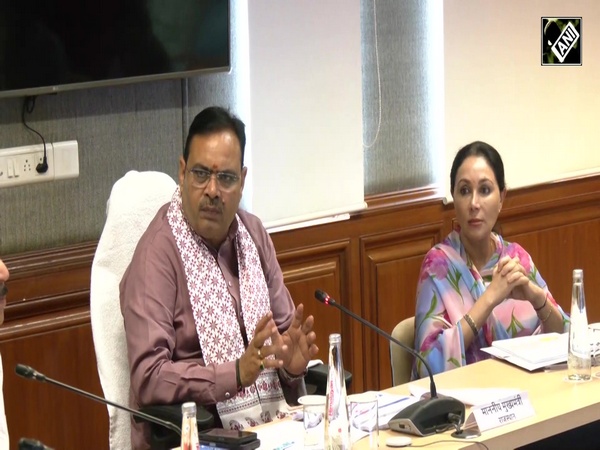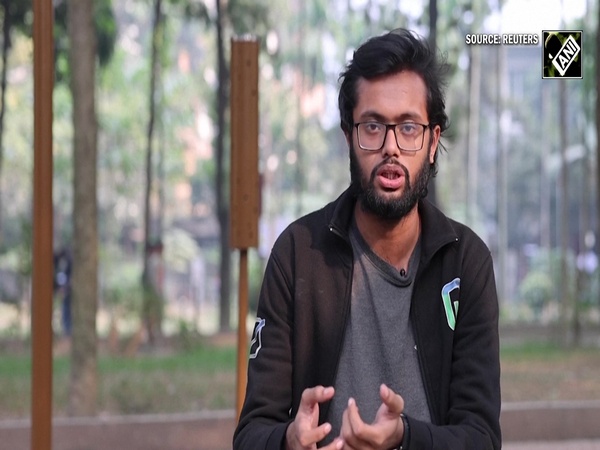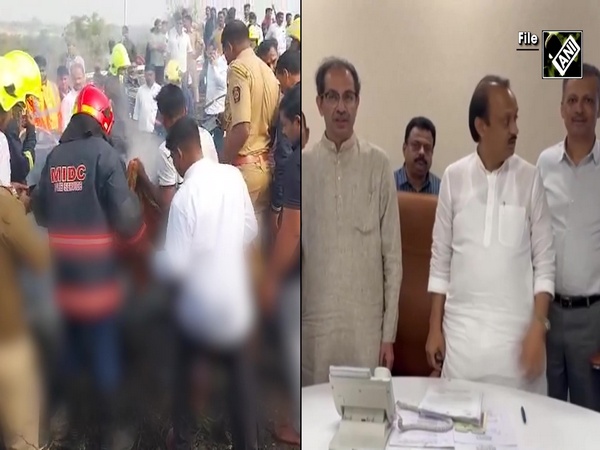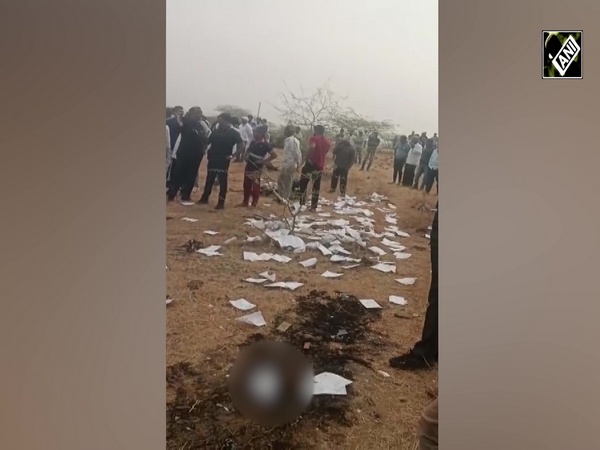Violence in name of protests not acceptable: US on demonstrations against Nepal's MCC Pact
Feb 18, 2022

Kathmandu [Nepal], February 18 : The Embassy of the United States in Nepal on Friday said that violence and incitement to violence in the name of protests is not at all acceptable, as demonstrations objecting to the Millennium Challenge Corporation (MCC)- Nepal Compact, a US-funded infrastructure programme turned violent.
The US government aid agency, MCC had agreed in 2017 to provide USD 500 million in grants cross-border electricity transmission and road connectivity.
There has been a delay in Parliament approval for the project due to disagreements among political parties and there are protests against the proposed project on a daily basis in Nepal.
US Ambassador to Nepal, Randy Berry said that any activity that incites violence was not acceptable to the US.
"We are a strong supporter of free speech & public discourse based on facts, including on MCC. The right to express one's views is intrinsic to democracy, and people must be allowed to peacefully share their views. Violence and incitement to violence are never acceptable," Berry tweeted.
Dissenters especially those from the sister organization of ruling communist parties CPN (Maoist Center) and CPN (Unified Socialist) have been picketing areas near parliament on almost daily basis.
On Wednesday, a violent protest broke out near parliament where dozens were injured as well as arrested as the protestors tried to enter into the restricted areas. On Friday too, a clash broke out near the parliament as the ruling coalition parties continued their protest by burning tires, an effigy of MCC and chanting anti-government slogans.
Of the five ruling parties, the CPN (Maoist Center), CPN (Unified Socialist), People's Socialist Party Nepal, and Rastriya Janamorcha Party are in favor of approving the MCC grant agreement only after amending it, while the Nepali Congress is in favor of ratifying the MCC agreement as it is.
The multi-million dollar pact which needs to be ratified by parliament is being contested now as political parties of Nepal debated on whether to accept or reject it.
With the nation divided over the pact, the government under the leadership of Sher Bahadur Deuba has withdrawn its earlier decision to table the pact in the parliament. After failing to table it on Wednesday, the government had planned to table it for Friday but had to backtrack again as CPN-MC and CPN-Socialist reaffirmed their demands.
The public in Nepal has been driven by misinformation about the Millennium Challenge Corporation, a US Foreign Assistance Agency that aims to fight poverty, as a military pact. Despite the fact that Nepal was first country in region to qualify for program and an agreement to this effect was signed in September 2017, some opposition leaders have been claiming otherwise.
Ruling government under Deuba's leadership is in favour of ratifying of grant MCC-Nepal Compact despite being aware of the fact that communist parties in the ruling coalition would stand against it.
Meanwhile, the US has conveyed to Kathmandu that it would be forced to review its relations with Nepal if the country fails to keep up with its commitments on the USD 500 million MCC grant signed nearly five years ago.
Earlier this month, US Assistant Secretary of State Donald Lu said that Washington will review its relations with Nepal in the event of its failure to ratify the MCC compact from Parliament by February 28, according to the Kathmandu Post.
Earlier, MCC vice president Fatema Z Sumar had said that the February 28 deadline was set by Prime Minister Deuba and Maoist Centre chair Pushpa Kamal Dahal through a letter the two leaders dispatched to the MCC Board chairman, US Secretary of State Antony Blinken.
However, the MCC continues to hang in balance as successive governments in Nepal have failed to get the grant ratified by the parliament.


